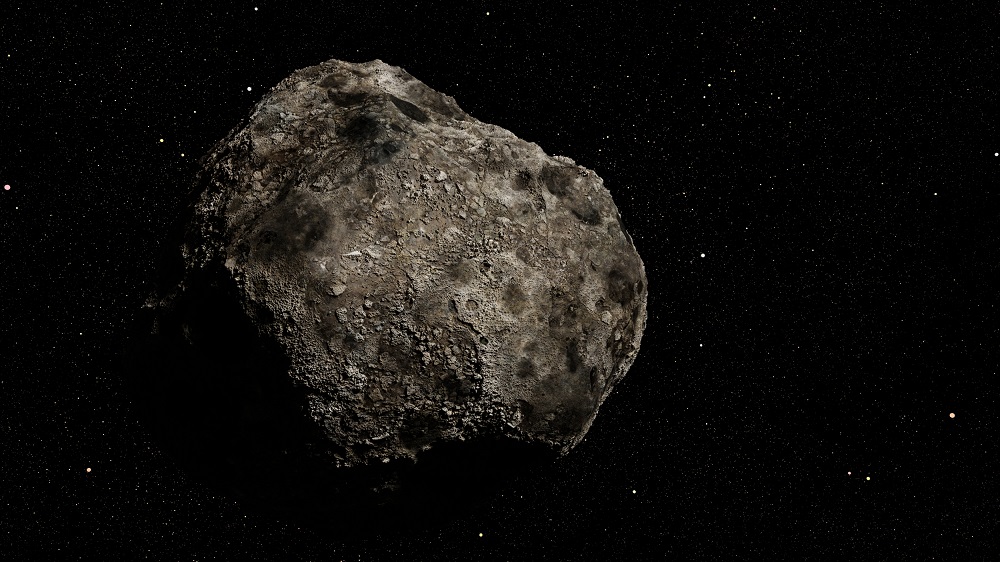MIT Researchers Created a System that Can Offer the Best Strategies Against Dangerous Asteroids

A team of researchers from MIT has created an advanced system that could determine the best method that could be used to combat dangerous asteroids in advance, offering time to act without rushing.
The system will take into account a large variety of relevant factors, including the size and mass of the asteroid, the speed at which it travels, and the time before it reaches the keyhole. In this case, the word keyhole is a moniker for the gravitational field generated by our planet, and if the asteroid manages to reach it, the chances to avoid the impact will be meager.
A potential clash between Earth and a giant asteroid has been the subject of many science-fiction novels and movies. Still, in most cases, humanity finds a way to prevent the cataclysmic event. Current data infers that the danger of a direct collision is quite low, but researchers anticipate a close approach that will take place in 2029.
MIT researchers perfected the asteroid deflecting method
MIT researchers took into account three different strategies that could be employed to the shift the trajectory of an asteroid on a collision path. The first one is more direct and involves the use of a projectile that will impact the object and force it to change its course. Sending a scout will offer the ability to obtain valuable data that can be used to customize the projectile.
A third plan involves the use of two scouts that can analyze the object and alter its trajectory with the help of propulsion, establishing an easier target for a later strike.
Time is of the essence, and this has been proved by a series of simulations based on two asteroids: Apophis and Bennu. The amount of known data related to these asteroids allowed researchers to observe which of the strategies would work best in the case of different timeframes, and the highest chances are present when there are five or more years left before impact.
0 comments